Centre for the Archaeology of the Americas
The Centre for the Archaeology of the Americas, based within the Department of Archaeology and History, promotes the research of archaeologists and their collaborators in all aspects of the Archaeology of the Americas. It also engages postgraduate research students in Americanist topics and research projects through interdisciplinary approaches.
The centre consists of world leading archaeologists involved in a wide range of research projects across North, Central and South America, at the interface of archaeology, the humanities and the natural sciences. The centre also sponsors research seminars, often in collaboration with the Exeter Centre for Latin American Studies and the Digital Humanities Lab.
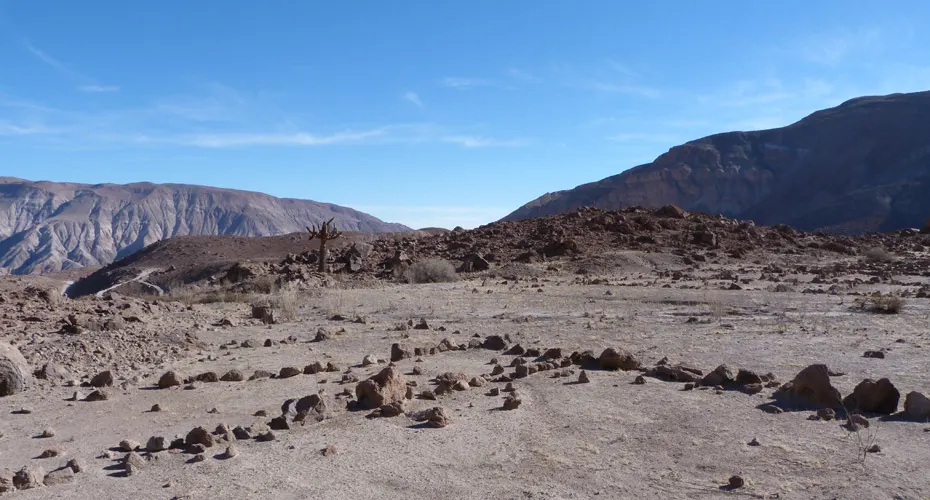
In this section
Centre staff
Our research into Archaeology of the Americas involves staff and postgraduate students within the department, as well as academic staff from other institutions. More information about the research specialisms, publications and projects of our staff can be found within their individual profile pages.
Centre staff list



About our research
We facilitate internationally recognised research on topics such as the peopling of the Americas, early plant domestication and the spread of agricultural landscapes, Andean high-altitude settlement and circulation, the emergence and internal dynamics of complex societies, interaction and long-distance exchange, ancient technologies and material culture studies, critical approaches to heritage, identity and indigenous rights, human-environmental relations, among other topics.
To address these research topics their members bring expertise on archaeobotany, lithic and pottery analysis, provenance studies, remote sensing, satellite imagery and GIS, zooarchaeology, among others. We interact closely with the Experimental lab in the Department of Archaeology and History to explore the crossover of experimental approaches with several of these methodologies to answer specific research questions. We engage with local communities through a variety of outreach activities, including educational workshops and dissemination events and outputs, and we have developed collaborative research projects with local indigenous and rural communities.
You can keep up to date with our research by joining our mailing list. To join, please get in touch with us by email.
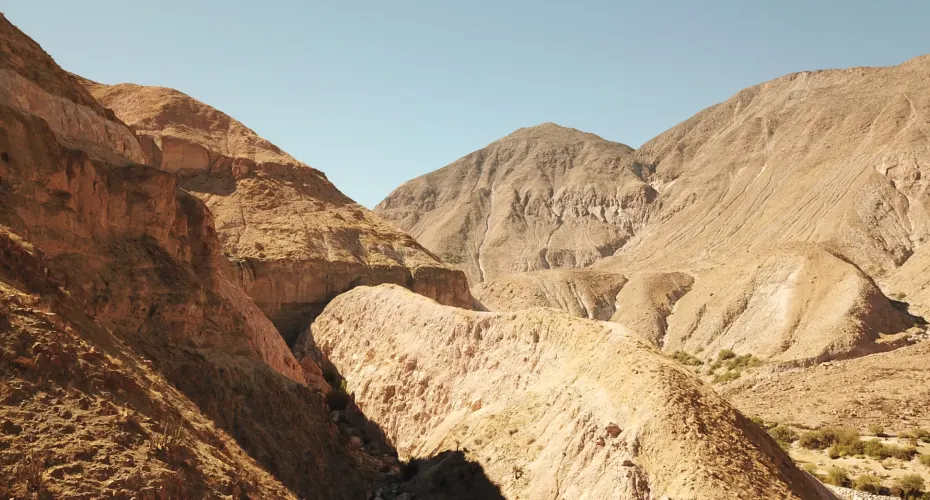
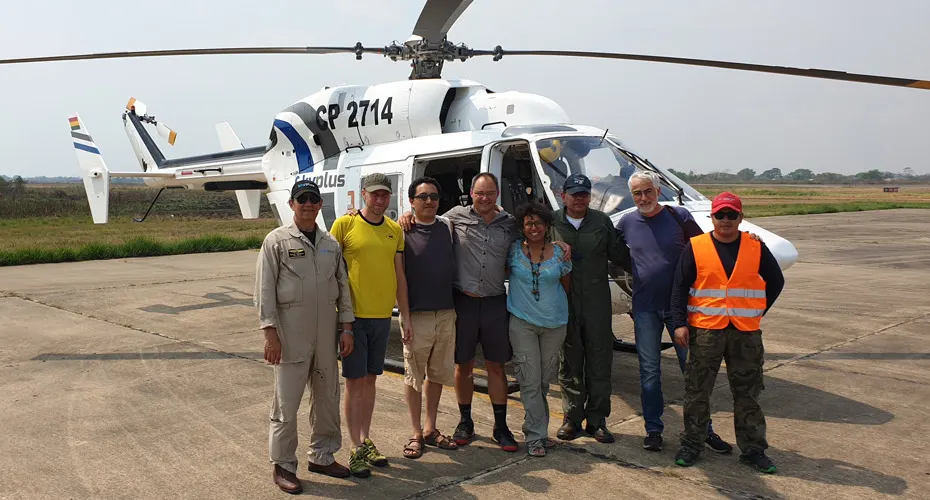
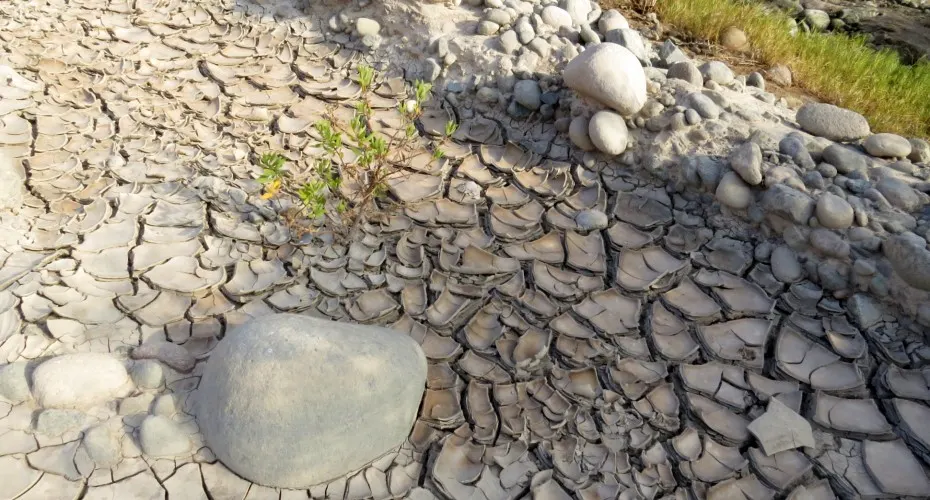
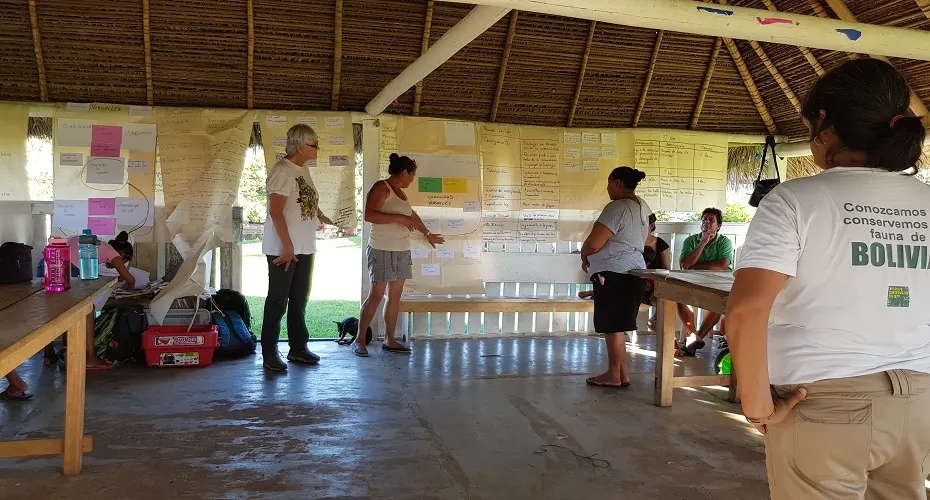
Research projects
Our staff are involved in a diverse range of innovative collaborative projects, a selection of which are listed below.
Jê Landscapes of Southern Brazil: Ecology, History and Power in a Transitional Landscape During the Late Holocene
This project, funded by AHRC-FAPESP investigates the creation and transformation of southern Jê landscapes and their relationship with the emergence of social complexity during the past two millennia across the ecological gradient of the mid-South Atlantic territory. By closely integrating archaeology, ethnography and palaeoecology, the project will address the following questions:
- How were the southern Jê groups organised at a regional scale across the different ecological zones of their territory?
- What role did land use by the southern proto-Jê vs climate play in the rapid expansion of Parana pine forest at the turn of the second millennium AD?
- Are there southern Jê common underlying principles of social and spatial organisation?
The project has been conceived by an international, interdisciplinary team at Exeter, Reading and São Paulo Universities integrating archaeological, ethnographical and palaeoecological data sources to investigate the creation and transformation of southern Jê landscapes in relation to the emergence of social complexity.
The project builds up on 8 years of archaeological investigations in the southern Brazilian highlands funded by National Geographic Society, the Wenner-Gren Foundation for Anthropological Research, the University of Exeter Exploratory Fund, the Municipality of ElDorado, and the Universidade Federal do Rio Grande do Sul.
Find out more on the Jê Landscapes of Southern Brazil website
Identities as Socio-material Networks: Past and present configurations in South America and beyond
The project aims at developing a research network to examine the power of archaeological artefacts and places in cultural struggles over identity and recognition in a variety of settings. The project follows the idea that while identities are never stable, they are networked configurations of tangible and intangible things, which are themselves the effects of those networks. While many of the participants focus on South America, the project has a wide comparative scope facilitated by contributions from Australia and the UK.
This project was funded by an AHRC Early Career grant in 2010. The project has now ended, but it has led to several ongoing impact-related research and outreach initiatives.
Find out more on the Identities as Socio-material Networks website
Living Territories: opening pathways for sustainable communities and their cultural-natural heritage in the Andes
This project challenges contemporary paradigms that see the commodification of resources as the only possible pathway for development, seeking instead to offer evidence-based alternatives for community-led sustainable development. Focusing on the Andean region of NW Argentina, the project’s main aim is to pump-prime a series of tools to assist local indigenous communities in the development of their own strategies to meaningfully participate in the policies that assess and plan for development and sustainability.
The project combines archaeological, remote sensing, spatial analysis and community-oriented activities to integrate standard archaeological, scientific and indigenous views on landscape and territory, developing a portfolio of outputs that will assist in future community-led collaboration and research planning.
Pathways towards collaborative approaches to indigenous and minority cultural heritage and landscape sustainability
Professor Marisa Lazzari and Dr Gillian Juleff
This project seeks to develop collaborative research, exchange, and educational opportunities between Exeter (Archaeology, PI Marisa Lazzari; co-I Gill Juleff) and Geneva (Environmental Governance and Territorial Development Hub/Institute, GEDT/Department of Sociology, PI Peter Larsen) to investigate the intersections of cultural heritage and landscape sustainability within a global arena. Fostering a comparative outlook stemming from the experiences of indigenous and minority communities around the globe, the project will focus on (but not limited to) the Americas and the Asia-Pacific.
The main goal is bridging academic interests into a coherent research design that contributes to the evelopment of decolonial approaches and the promotion of collaborative and cross-cultural methodologies. Building upon the applicants’ earlier roundwork, the project will cement and expand the network of collaborators and research partners including NGO and non-HEI bodies, through a portfolio of activities and outputs aimed at policy-oriented action research and high-impact outreach in line with the UN Sustainable evelopment Goals, therefore boosting the reputation of both institutions as international hubs for innovative and impactful research.
Find out more on the University of Geneva Seed Funding website



